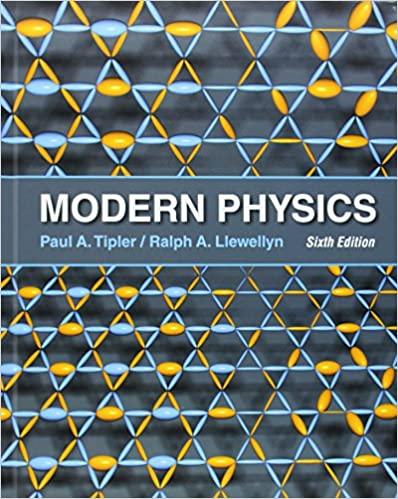Current theory suggests that black holes evaporate by the emission of Hawking radiation in a time t
Question:
Current theory suggests that black holes evaporate by the emission of Hawking radiation in a time t that depends on the mass M of the black hole according to the following relation:
![]()
(a) Explain without calculating anything why the formula implies that high-mass black holes have longer lifetimes than low-mass ones and why the rate of evaporation accelerates as the black hole loses mass.
(b) Compute the lifetime of a black hole whose mass equals 1 MΘ. Compare this time with the current age of the universe.
(c) According to some theories, the largest black hole that could conceivably form would have a mass 1012 MΘ, of the order of the mass of an entire galaxy. What would be the lifetime of a black hole that large?
Fantastic news! We've Found the answer you've been seeking!
Step by Step Answer:
Related Book For 

Question Posted:





